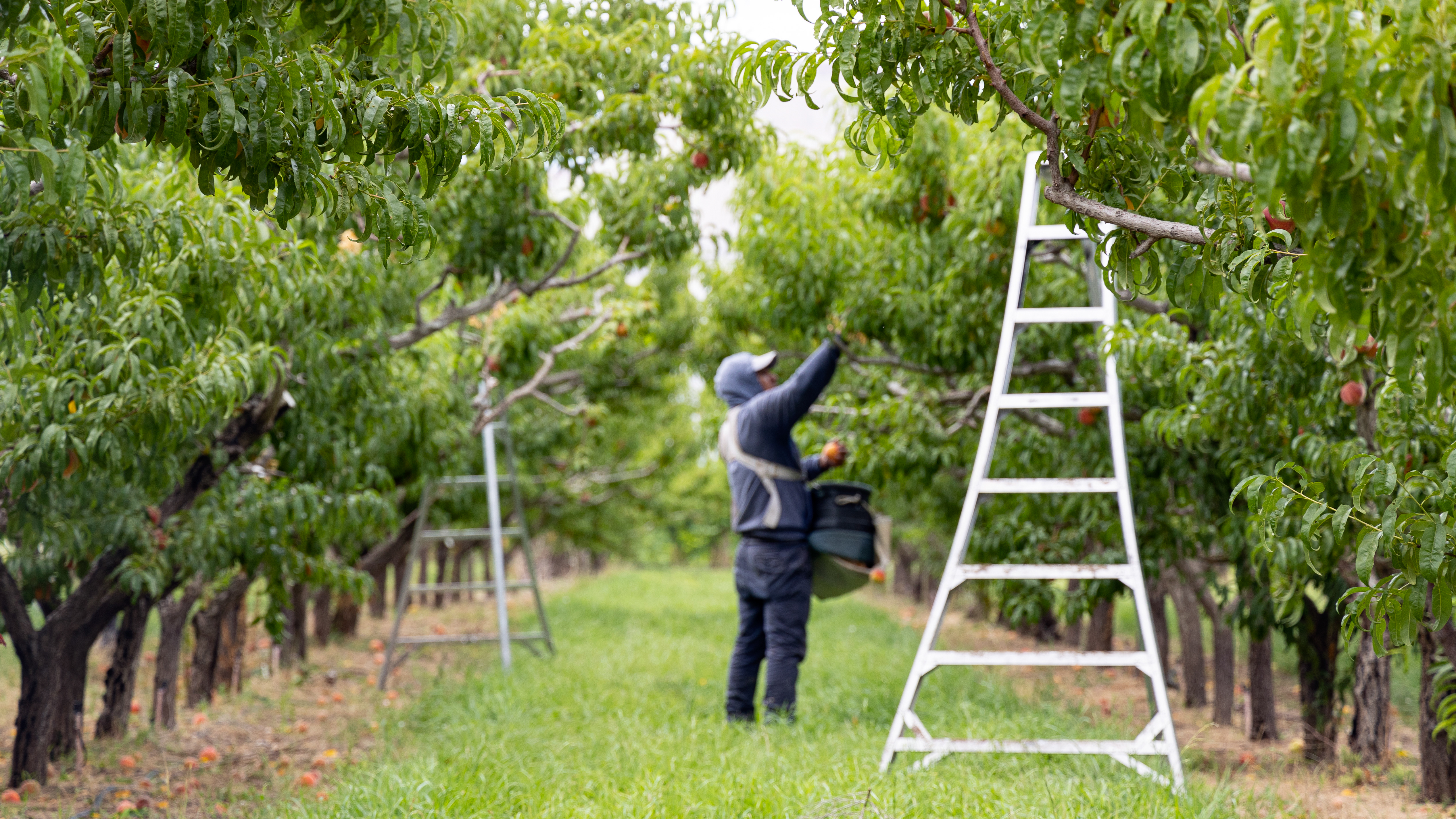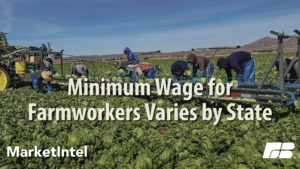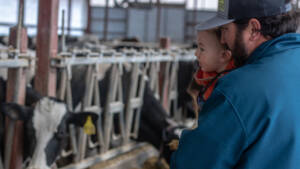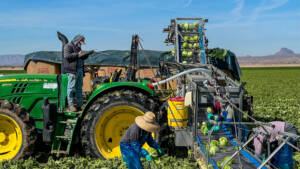
Agricultural Labor

Addressing the Labor Crisis
Continued ag labor shortages limit U.S. farmers’ ability to grow the nutritious food our country depends on for our health and well-being. Applications for H-2A guest worker visas continue to rise, an indisputable indication of the shortage of workers here in the United States. Meanwhile, fruit and vegetable farmers are going out of business or turning to less labor-intensive crops because they can’t find the workers they need.
Reform to our guest worker program is long overdue, as ongoing workforce shortages place the long-term stability of our food supply at risk. It’s time we find a solution that provides farmers and their employees with the long-term stability they need. Instability in the agricultural workforce places domestic food production at risk.
Congress needs to pass responsible farm labor legislation to deliver the certainty farmers need to continue producing affordable food for America’s families.
Improvements Needed to the H-2A Program
Farmers need guestworkers both seasonally and year-round. The H-2A program has many hurdles which can make it unworkable for many farmers. A major limitation of the H-2A program: nonseasonal farm jobs are not eligible for the program. H-2A workers come to America because wages here are dramatically higher than in their home countries. In many places, they can make the same in one hour as they may make in an entire day back home.
We look forward to working with the administration—and Congress—to achieve long-term and necessary improvements to our immigration and labor system that provides much-needed agricultural labor.
On the Ground
WHAT WE'RE SAYING

Minimum Wages in Agriculture
Dec 5, 2025
READ MORE

New Labor Decision Removes Some Burden on Farmers
Aug 29, 2025
READ MORE

August Farm Labor Series: Farm Labor Needed Year-Round on America’s Dairies
Aug 26, 2025
READ MORE

August Farm Labor Series: Farmers Need Simpler Access to Workers
Aug 19, 2025
READ MORE


